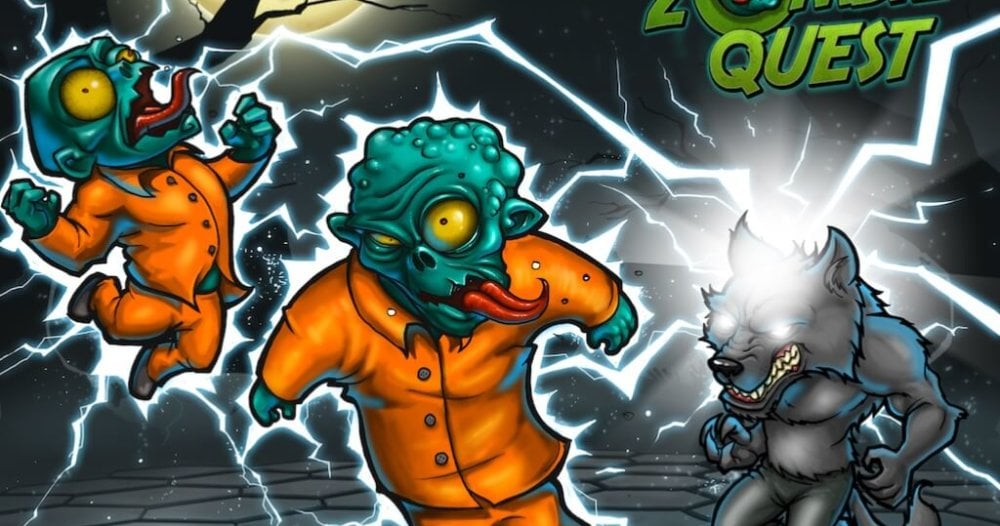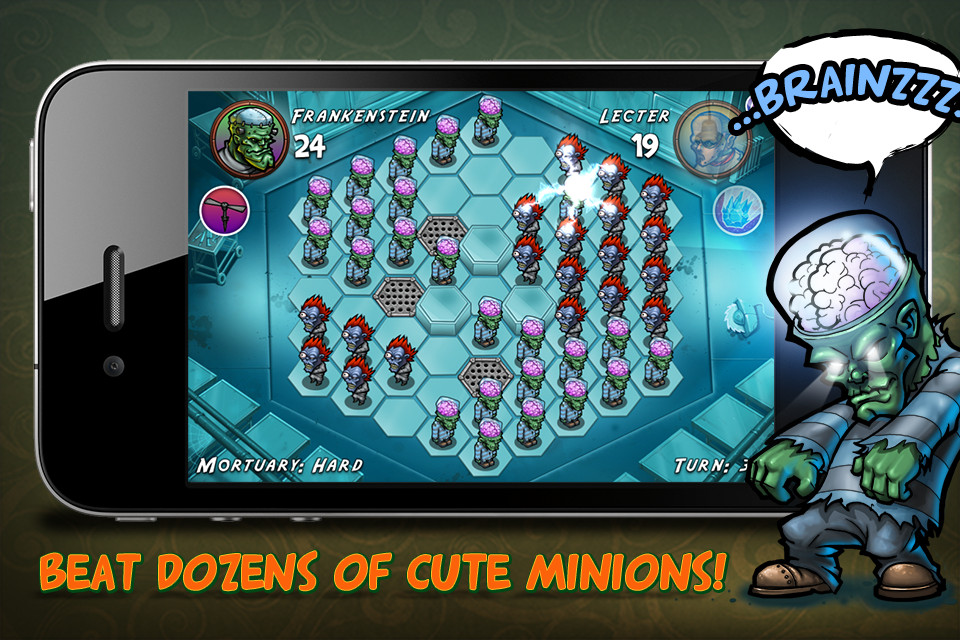

The finding, Hayflick says, challenged “60-year-old dogma” that normal human cells could replicate forever. The phenomenon was later called “the Hayflick limit.” What was surprising was that others also stopped dividing at the same point. This wasn’t a big surprise cell cultures often failed because of things like contamination. He discovered cellular senescence by accident, cultivating human fetal cells for a project on cancer biology and noticing they stopped dividing after about 50 population doublings. This scientific renown didn’t come easily. Before him on the living room table are numerous copies of his seminal book, “How and Why We Age,” in various languages. He’s a professor of anatomy at the University of California, San Francisco, and continues to write, present and speak on the topic.Īt his seaside home in Sonoma County, he leafs through a binder filled with his research, including two early papers that have been cited an astonishing number of times by other researchers. Leonard Hayflick, the scientist who discovered cellular senescence in 1960, is himself vital at 94. “I’m looking for the fountain of not being sick when I’m older.”

“I’m not looking for the fountain of youth,” Wiley says. (AP Video/Angie Wang)Īlthough no one thinks senescence holds the key to super long life, Tufts University researcher Christopher Wiley hopes for a day when fewer people suffer fates like his late grandfather, who had Alzheimer’s and stared back at him as if he were a stranger. They accumulate in older bodies, which mounting evidence links to an array of age-related conditions such as dementia, cardiovascular disease and osteoporosis.īut scientists wonder: Can the zombie cell buildup be stopped?Īrcher Yvette McKenzie competes at the 2022 National Senior Games. But as the Mayo Clinic’s Nathan LeBrasseur puts it, they can harm nearby cells like moldy fruit corrupting a fruit bowl. It’s built upon the idea that cells eventually stop dividing and enter a “senescent” state in response to various forms of damage. But scientists are trying to change that - and tackle one of humanity’s biggest challenges - through a little known but flourishing field of aging research called cellular senescence. It’s a goal that eludes so many that growing old is often associated with getting frail and sick. Soller, who lives near Cincinnati, has achieved an enviable goal chased by humans since ancient times: Staying healthy and active in late life. Richard Soller competes in the 100-meter dash at the 2022 National Senior Games.



 0 kommentar(er)
0 kommentar(er)
